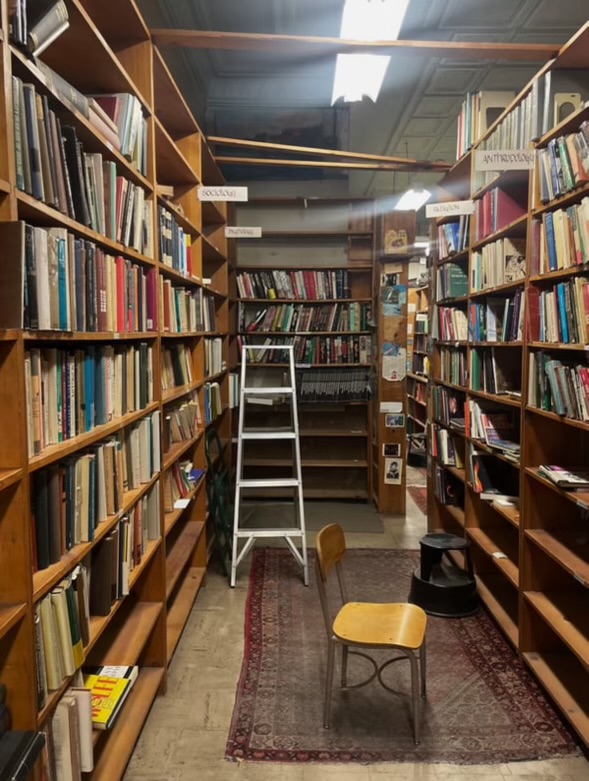
The Associated Students of Madison’s Student Council approved Mark Woulf as its recommendation to Mayor Dave Cieslewicz for appointment to the newly created citizen-voting seat on the Alcohol License Review Committee.
“The mayor promised to appoint a position to a student about two weeks ago,” said Adam Johnson, chair of Legislative Affairs. “He has expressed that he would like a recommendation by Monday.”
He added in the interest of time and the ability of the committee to actually have a say in the process, Legislative Affairs would like to officially put forth Woulf, the current student technical advisor for the position. Although the committee would have liked to put together a search and screen campaign so other students could apply and be interviewed, time really did not permit that luxury.
Mayor Dave Cieslewicz wants to appoint the student by Dec. 1, according to Johnson.
“This passed two weeks ago yesterday and I take responsibility for not making a move the first week,” Johnson said. “But even if we had acted differently, it still only gave us about a three week timeframe to receive applications, review them and hold interviews. That’s not enough time.”
However, if Woulf were to receive the appointment, Johnson said he felt comfortable knowing they would have adequate time and control over reviewing applicants to fill the student technical advisor position that would be vacated.
The council agreed with Johnson, citing the interests of ASM would be forwarded with two positions on the ALRC committee — Woulf and the new technical advisor.
Michael Romenesko, vice chair of the Student Services Finance Committee, spoke in open forum about the issue regarding increased student usage of SAFEcab for non-emergency related rides.
“SAFEcab service started as an alternative safe way to get home in case of an emergency,” Romenesko said. “Lately it’s just been used as regular transportation–students who were out to drink, employees working late; this isn’t what it was designed for.”
He added with the increased amount of students using these services, approximately 30 percent, something needs to be done about this issue because costs have been increasing at a rapid rate. Currently, the service provides four cab rides a month to students, but now there is discussion of only offering six rides a semester.
The concern was that students may not have been adequately informed of what exactly SAFEcab should be used for. Romenesko said they might not have addressed the exact meaning of an ’emergency’ for which a cab ride would be used. He added SAFEwalk and SAFEbus were alternative forms of transportation that students should be taking more advantage of.
“We don’t pay for students to ‘feel’ safe. We pay for them to ‘be’ safe,” said Rep. Carl Fergus, speaking in open forum as to why cabs should only be used in emergencies.
Brandon Williams, chair of SSFC, also reported on use of GSSF funds, saying approximately $1.38 million had been allocated for fiscal year 2010-11 to 14 groups. This was a tentative number to be finalized within the next few weeks.







